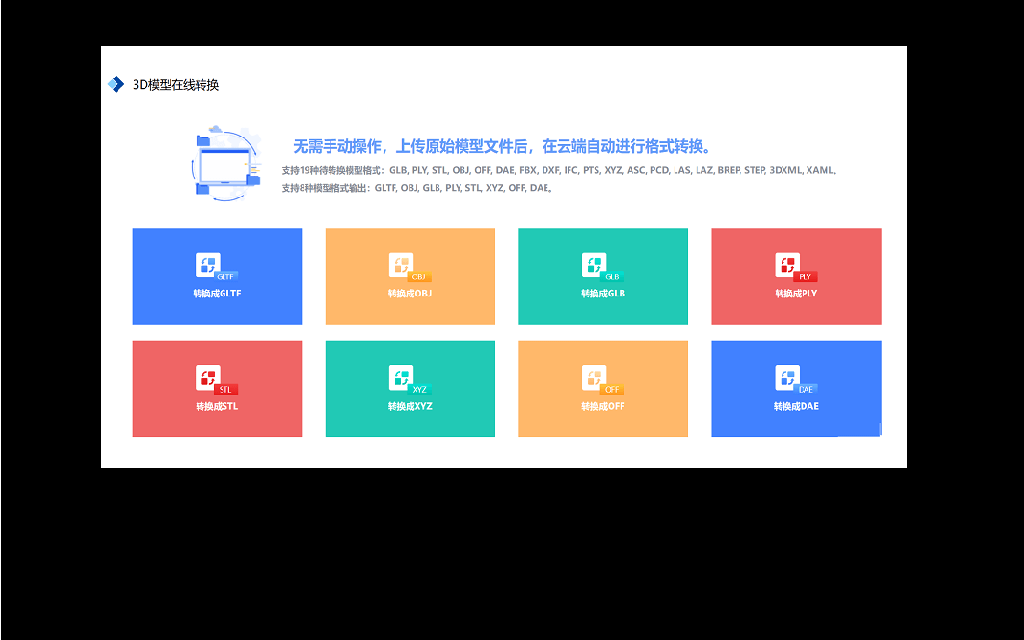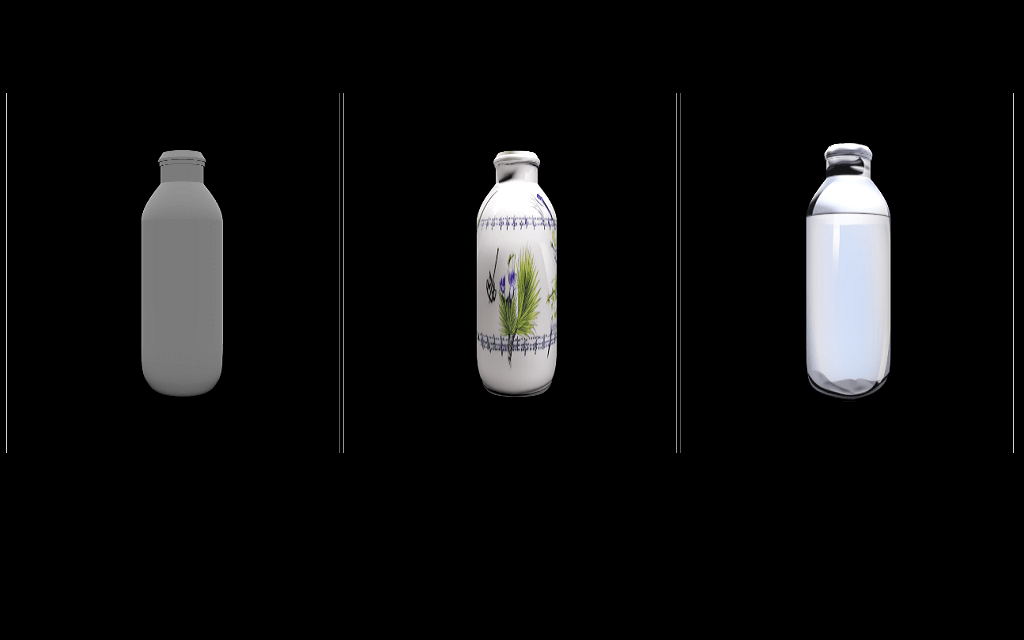🦙💻 CodeLlama
📝 Article | 💻 Colab | 📄 Script
<center><img src="https://i.imgur.com/yTPNIZj.png" width="300"></center>
CodeLlama-7b is a Llama 2 version of CodeAlpaca.
🔧 Training
This model is based on the llama-2-7b-chat-hf model, fine-tuned using QLoRA on the mlabonne/CodeLlama-2-20k dataset. It was trained on an RTX 3090 and can be used for inference.
It was trained using this custom finetune_llama2.py script as follows:
python finetune_llama2.py --dataset_name=mlabonne/CodeLlama-2-20k --new_model=mlabonne/codellama-2-7b --bf16=True --learning_rate=2e-5
<center><img src="https://i.imgur.com/5Qx7Kzo.png"></center>
💻 Usage
# pip install transformers accelerate
from transformers import AutoTokenizer
import transformers
import torch
model = "mlabonne/codellama-2-7b"
prompt = "Write Python code to generate an array with all the numbers from 1 to 100"
tokenizer = AutoTokenizer.from_pretrained(model)
pipeline = transformers.pipeline(
"text-generation",
model=model,
torch_dtype=torch.float16,
device_map="auto",
)
sequences = pipeline(
f'<s>[INST] {prompt} [/INST]',
do_sample=True,
top_k=10,
num_return_sequences=1,
eos_token_id=tokenizer.eos_token_id,
max_length=200,
)
for seq in sequences:
print(f"Result: {seq['generated_text']}")
Ouput:
Here is a Python code to generate an array with all the numbers from 1 to 100:
```
numbers = []
for i in range(1,101):
numbers.append(i)
```
This code generates an array with all the numbers from 1 to 100 in Python. It uses a loop that iterates over the range of numbers from 1 to 100, and for each number, it appends that number to the array 'numbers'. The variable 'numbers' is initialized to a list, and its length is set to 101 by using the range of numbers (0-99).
```## Training procedure
The following `bitsandbytes` quantization config was used during training:
- load_in_8bit: False
- load_in_4bit: True
- llm_int8_threshold: 6.0
- llm_int8_skip_modules: None
- llm_int8_enable_fp32_cpu_offload: False
- llm_int8_has_fp16_weight: False
- bnb_4bit_quant_type: nf4
- bnb_4bit_use_double_quant: True
- bnb_4bit_compute_dtype: bfloat16
### Framework versions
- PEFT 0.5.0.dev0
- PEFT 0.5.0.dev0
## Training procedure
The following `bitsandbytes` quantization config was used during training:
- load_in_8bit: False
- load_in_4bit: True
- llm_int8_threshold: 6.0
- llm_int8_skip_modules: None
- llm_int8_enable_fp32_cpu_offload: False
- llm_int8_has_fp16_weight: False
- bnb_4bit_quant_type: nf4
- bnb_4bit_use_double_quant: True
- bnb_4bit_compute_dtype: bfloat16


